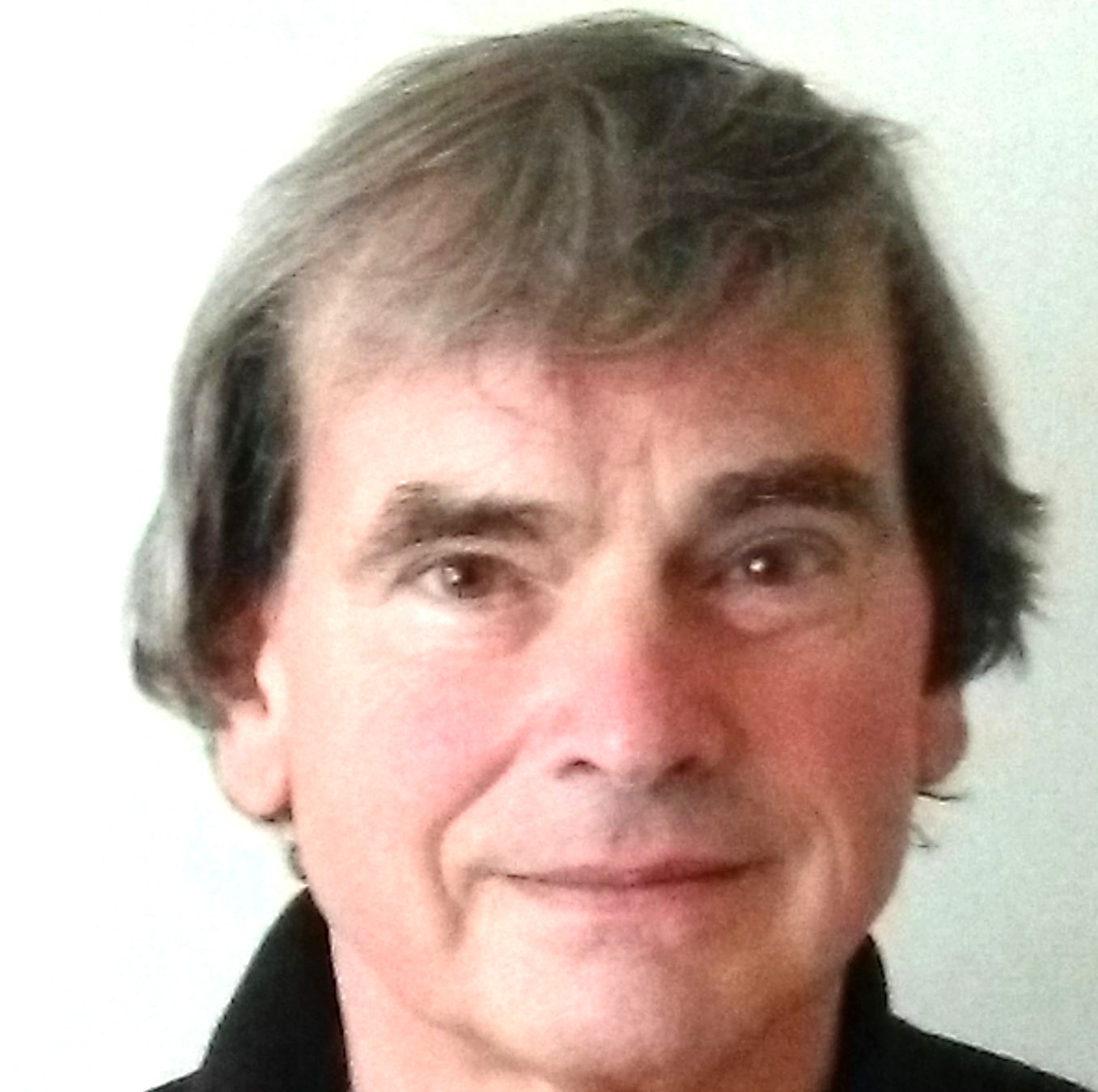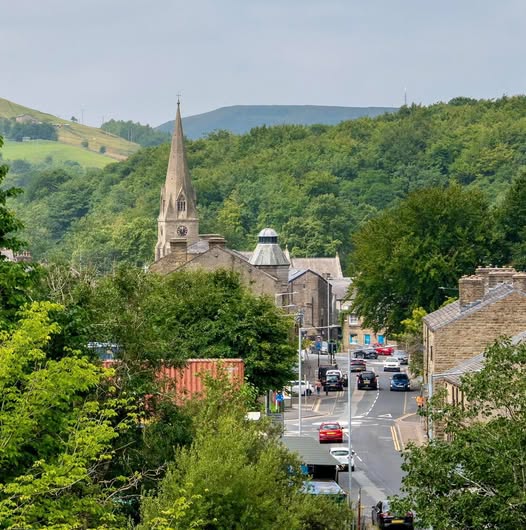2. On Becoming a Humanist
Written on Aug 28, 2025
Early days
In my previous post on humanism, I mentioned that a RE teacher at a primary school recently invited a Christian priest and me to take questions about our beliefs (or 'world views' as they are now often called) from children in a couple of his RE classes. This would have been unheard of at the schools I attended in the 1950s and 60s. In those days, RE was called 'Scripture'; it was compulsory and was almost entirely devoted to studying the Christian Bible. I recall being explicitly told that Christianity was the one true religion. Additionally, every morning the school would assemble for what is now called collective worship (a hymn, a bible reading, and the Lord's Prayer). Many of us also attended church and/or Sunday School (again bible study).
Did I believe in God in those days? I think I did. When I was 11, being an anxious child, I went through a period of praying every night for God's help, as I was soon to transfer to Grammar School and I worried unduly about this prospect. I also assumed that the events described in the Bible, including the creation account, Noah's flood, the Israelites' migration into Egypt and subsequent escape, etc., really happened. But on reflection, I now realise that we were not hearing about the veracity of these stories or alternative ways of understanding or interpreting them. Only much later did I come to understand that much of what we were being taught was ancient Middle Eastern mythology, only partly based on actual events, if at all. What a pointless, futile, waste of time that was! Well, at least for me and, I believe, many of my generation. By what process does such an irrational, absurd state of affairs come about? Of course, we learnt about the Jesus of the Bible and his inspiring teachings, but little about other great wise men, religious or not.
I feel no resentment about this. It was 'the done thing' at the time, part of our custom and culture. The churches had a strong presence in our communities and performed a variety of good works. But interest in religion itself, along with church attendance, was declining, especially amongst young people. I only attended Sunday School with great reluctance and was relieved of doing so at the age of 13 years when my dad decided I should, like him, earn money delivering Sunday newspapers in a nearby town. (I was one of 8 children, and for the main part, religion did not loom large in my family.)
Teens and onwards
It was around that time that I had pretty much rejected the idea of a God or Creator, and as I progressed through my teens, I was happy labelling myself as an atheist. In fact, for many years I was very antagonistic to religion, but not so much now. I still thought a lot about those 'big questions' that religions attempt to answer: How were the world and life, including human life, created? What happens to us when we die? What is good and bad, right and wrong? And so on. So, like many people who self-identify as 'humanists', I didn't learn about humanism from books or teachers; I came to my beliefs naturally, though it seemed that lots of folk around me thought the same way as I did. In fact, people generally didn't talk much about their religious or non-religious beliefs, except in certain contexts when they were expected to. It was only later that I learnt that my beliefs coincided with something called 'humanism'.
Some future reflections: What humanism means to me; religion and science; religion and the natural world.
Note: At present, it's not possible for you to post your comments on my blog directly. But I welcome them via my email address, and I'll only upload them under 'Comments' if that is your wish (and with the usual stipulations about offensiveness, etc.)




